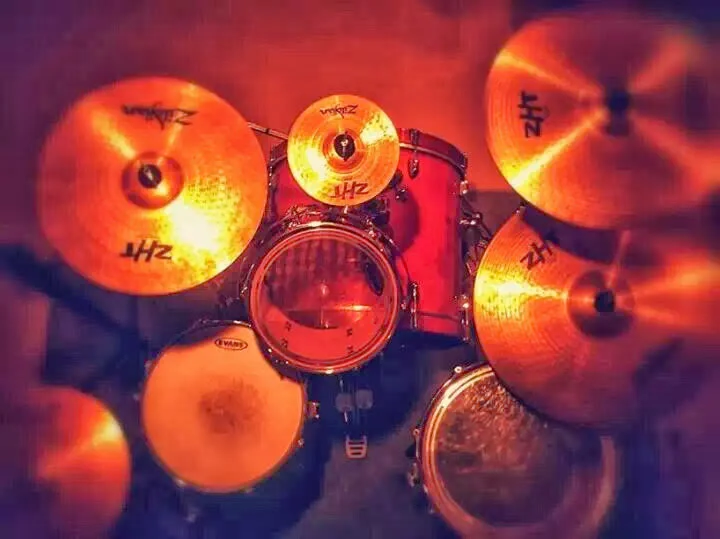We Nurture Life Long Learning
At Art Moore Studios our goal is one thing: to help students develop their musical skills over the course of their lives–to continue to play and enjoy music long after their school years are over.
It starts well
You know the story–a student is so excited for those first music lessons and making time to practice is a joy for all involved. As time goes on though, things start to get more difficult, and the student’s motivation may lessen, resulting in a lax in their interest and practice. Tension between parent, teacher, and student increases. Sometimes arguments happen in the home. Music becomes a chore–one fraught with negative emotions even–and as soon as the child is allowed, they quit. Many students never return to music for the rest of their lives.
Why don’t you play now?
When I started Art Moore Studios I surveyed adults all around me. “You took lessons as a kid,” I’d ask, “but don’t play now. Why is that?”
Without fail, the reason came down to one thing: Practice became a war between the child, the parent, and sometimes even the teacher. As soon as that budding musician could, they left music and never looked back, grateful to be free of the constant tension. Many stated that, now looking back, they’re very sad that they don’t still play, and that they wished their parents had forced them to stay in lessons.
It almost never works
Many parents feel the drive to push their kids through lessons to prevent this musical regret. They believe that if they just keep their kids in lessons, no matter how tense and unproductive the experience is, that eventually the kid will take off and do well–that they will happily continue playing into their adulthood and be thankful their parents forced them to just keep playing.
It almost never works.
Which is why we take a different approach.
In our music instruction, we minimize emotional tension, and maximize personal responsibility.
We allow students to try out their teacher and give them a grade. They have to choose themselves to work with their teacher, allowing them to take ownership of their learning.
We work with parents to setup boundaries around practice so that we never poison the well of musical experience. We adjust practice based upon students’ lives, letting music fit well within them, without forcing their lives to fit into music.
How do we do it?
Our No Nag Practice Policy helps parents and students find a good practice rhythm and reduces the emotional aspect of practicing.
Only students are able to make the choice to work with a teacher. After their first lesson, they grade their teacher and discuss this grade with their parents. (A-F is great, but smiley and frowny emojis work well too!) This helps students buy-in to lessons and take upon themselves the commitment to work with their instructor. It also helps us make teaching adjustments where needed.
We communicate openly with parents and students about practice issues. We’re also able to assess in a moment any adjustments needed for a particular situation, and make plans to help students succeed with music in whatever way is pleasing to them.
We help parents set their own expectations for practicing based upon a students’ age, experience and ability level.



